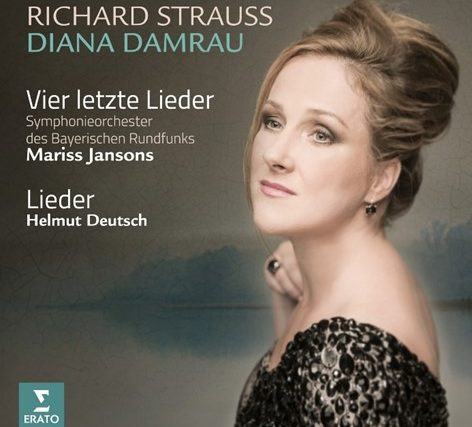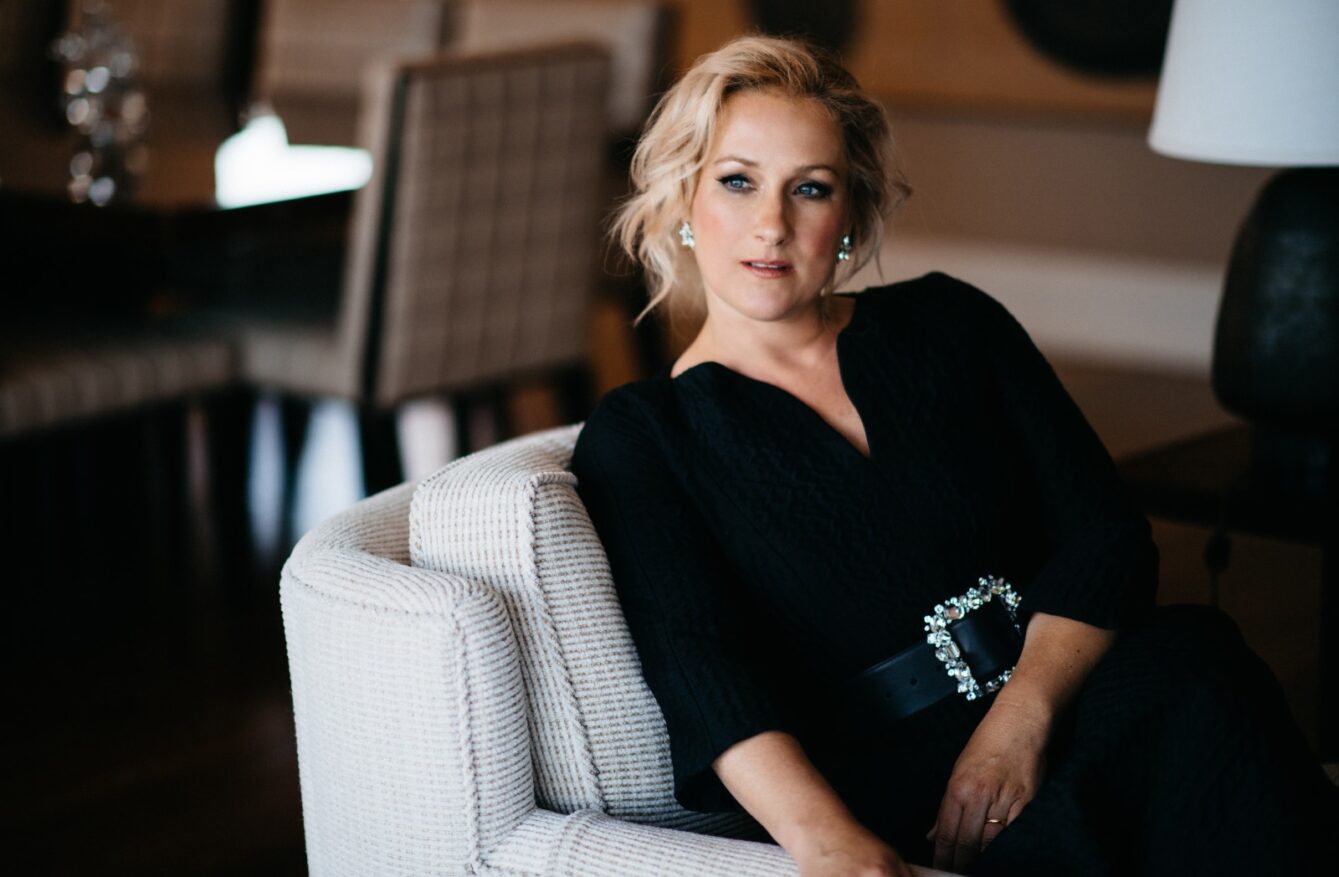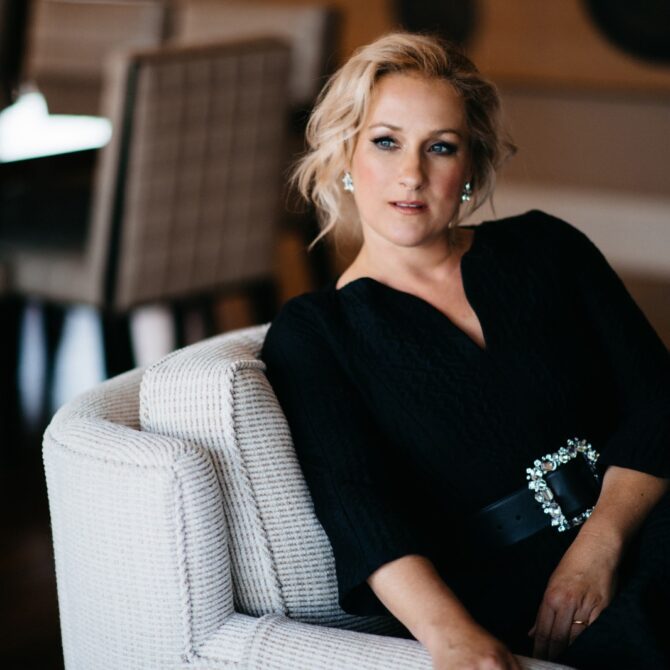
“For me, Strauss is one of the greatest composers,” Diana Damrau has said. “The way he handles the soprano voice is a joy. And to be able to sing his music with my voice feels like coming home.”
The soprano literally shares a home with Richard Strauss in that she, like the composer, was born in Bavaria. She studied at the conservatory in the Bavarian city of Würzburg, and went on to join the company at its Mainfrankentheater before making an international reputation – not least in such soaring Strauss roles as Zerbinetta in Ariadne auf Naxos, Sophie in Der Rosenkavalier and Aithra in Die Ägyptische Helena.
The centrepiece of this album of Strauss songs is very much a Bavarian affair. In the sublime Vier letzte Lieder or Four Last Songs, Damrau is joined by the Bavarian Radio Symphony Orchestra and its long-standing Chief Conductor Mariss Jansons. When they performed the songs together at London’s Barbican Hall in early 2019, the Evening Standard wrote “Today Diana Damrau is their most celebrated interpreter, and this performance showed why,” while the Financial Times declared, “Lucky the soprano who has Mariss Jansons as her conductor.” The Times praised the way Damrau “summoned majestic surges of tone out of the most daring pianissimos,” and, extolling the orchestra’s performance in the concert, described “such sonic splendour, such a revelation of details, such virtuosic drive and soloistic character.”
Soprano, conductor and orchestra also unite for perhaps the best loved of all Strauss’s songs, the serene ‘Morgen’ (Tomorrow), but the rest of the album is devoted to songs with piano, played here by Helmut Deutsch. A native of Vienna, Deutsch is one of the world’s most distinguished collaborative pianists and joined Diana Damrau and Jonas Kaufmann on the recording of Hugo Wolf’s Italienisches Liederbuch that Warner Classics released in early 2019.
Damrau and Deutsch’s programme, which intersperses some of Strauss’s best-loved songs with comparatively rarely heard numbers, ranges from the exuberant (such as ‘Einerlei’) to the heart-breaking (‘Befreit’) and includes two small song cycles: the five Mädchenblumen, which portray girls as flowers in ornamental musical terms, and, written some 30 years later in 1918, the expressionistic Lieder der Ophelia, based on Shakespeare’s Hamlet.
Damrau first began singing Strauss songs as a student: “I loved Strauss straight away. Not only is the music gorgeous, there’s the way he combines words and notes – and the psychology … Strauss was a connoisseur of the voice, especially the high voice, thanks to his wife, the soprano Pauline de Ahne. He gave the voice momentum.”
This album is scheduled for release on January 31 and is already available for pre-order via Presto Classical.

